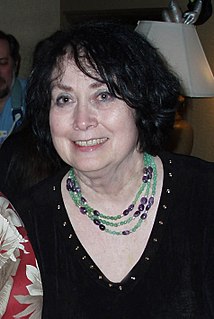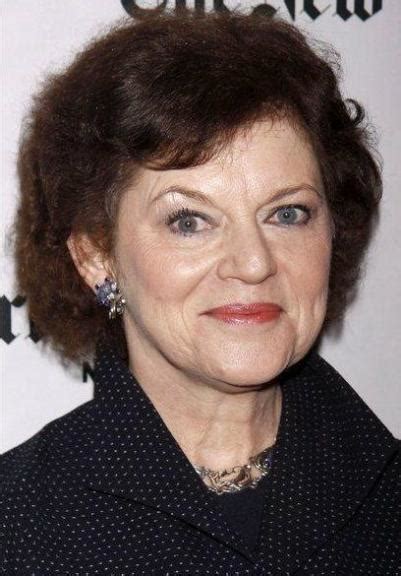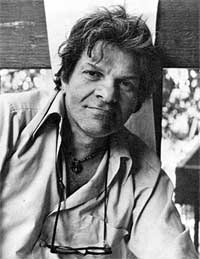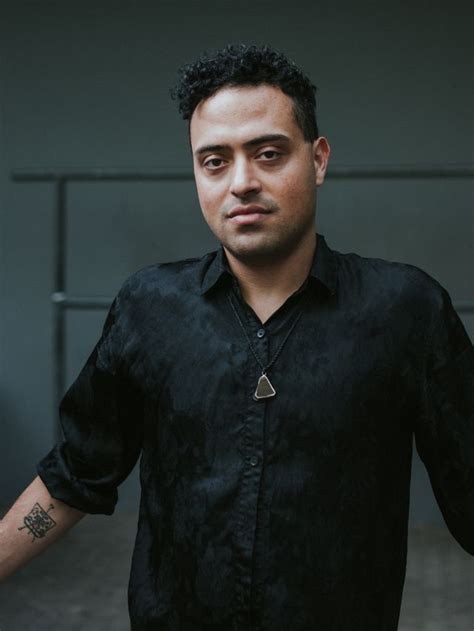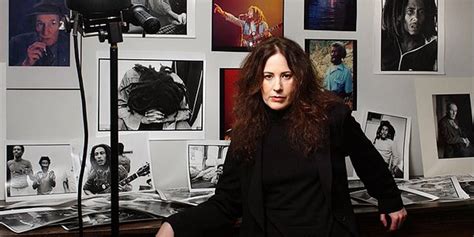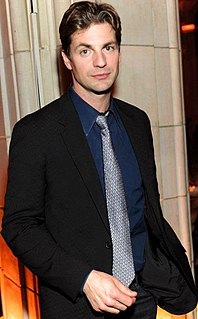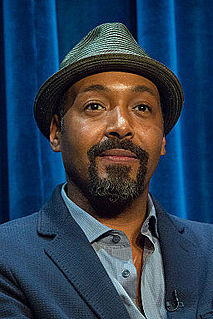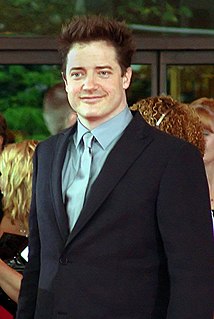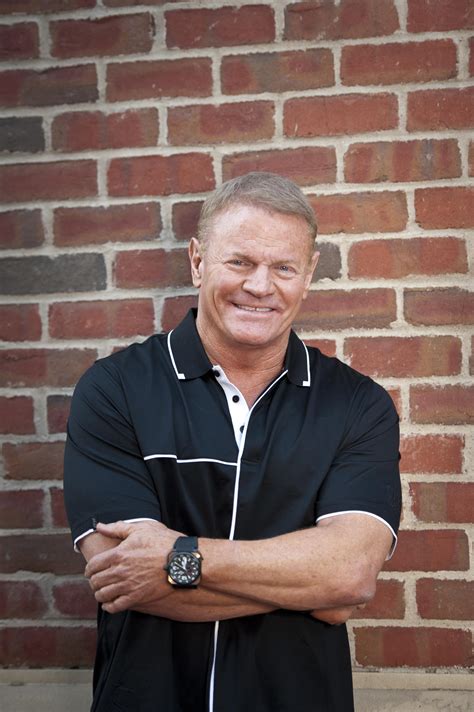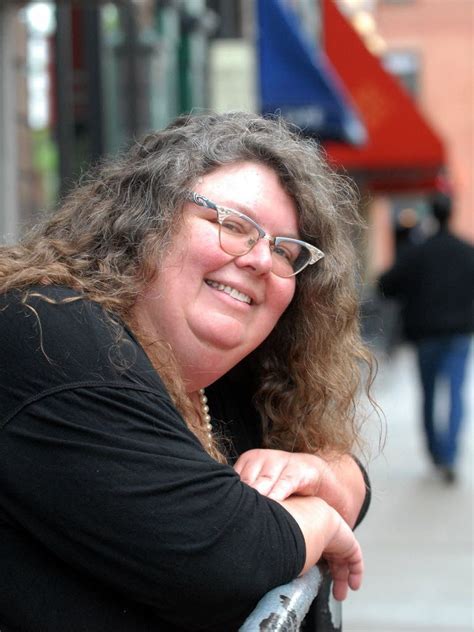Top 57 Burroughs Quotes & Sayings
Explore popular Burroughs quotes.
Last updated on April 14, 2025.
Science fiction is a dialogue, a tennis match, in which the Idea is volleyed from one side of the net to the other. Ridiculous to say that someone 'stole' an idea: no, no, a thousand times no. The point is the volley, and how it's carried, and what statement is made by the answering 'statement.' In other words ? if Burroughs initiates a time-gate and says it works randomly, and then Norton has time gates confounded with the Perilous Seat, the Siege Perilous of the Round Table, and locates it in a bar on a rainy night ? do you see both the humor and the volley in the tennis match?
Skullcrack City messes with your mind the way William Burroughs or a bellyful of hallucinogens will do. I'm a longtime fan of Johnson. A master of derangement, he's been bringing it for years. This time, though, it's different. He's burst into the clear and is taking seven-league strides across the literary landscape.
Burroughs is the greatest satirical writer since Jonathan Swift. . . . The net result of Naked Lunch will be to make people shudder at their own lies, will be to make them open up and be straight with one another. Swift and Rabelais and Sterne accomplished a step in that direction, and Burroughs another.
John Burroughs has stated that experimental study of animals in captivity is absolutely useless. Their character, their habits, their appetites undergo a complete transformation when torn from their soil in field and forest. With human nature caged in a narrow space, whipped daily into submission, how can we speak of its potentialities?
I tell this anecdote with tongue in cheek at the start of my book William Burroughs and the Secret of Fascination, but my academic involvement with Burroughs was entirely due to my tutor at Oxford, Peter Conrad. I was discussing with him the idea of staying on to do graduate work and when I tossed the name of Burroughs into the conversation - well, he let it fall loudly onto the floor, and proceeded to cross himself as if warding off an evil spirit. Since I was very ambivalent about an academic career in any case, that decided it for me.
What we have here is a rousing boy's adventure story, adapted from stories that Edgar Rice Burroughs cranked out for early pulp magazines. They lacked the visceral appeal of his Tarzan stories, which inspired an estimated 89 movies; amazingly, this is the first John Carter movie, but it is intended to foster a franchise and will probably succeed.
I was taken by William Burroughs’ presence and intelligence from the first time I was introduced to him, by Lester Bangs in 1975. He was thrilling to listen to. When you heard him speak, you felt that you were privy to such a rare mind. Even in small-talk, he spoke with perfect economy of language. His shoots with me were very collaborative and it was an incredible opportunity to be able to photograph him over the course of twenty years.
For a while, the gay thing seemed like such a big deal. But now, I don't think it is. It's just a comedy-drama about people who live in the United States. It's a slice-of-life. I play a character-that's it. But I was well aware of the gay lifestyle before the show. I've been hit on in a really strong way by gay men who've tried to convert me, and a lot of my heroes are gay. William Burroughs, Lou Reed. Well, I guess Lou Reed is bi. The point is, it's 2002, gay life is no longer that shocking.
Burroughs called his greatest novel 'Naked Lunch,' by which he meant it's what you see on the end of a fork. Telling the truth. It's very difficult to do that in fiction because the whole process of writing fiction is a process of sidestepping the truth. I think he got very close to it, in his way, and I hope I've done the same in mine.
All I wanted and all Neal wanted and all anybody wanted was some kind of penetration into the heart of things where, like in a womb, we could curl up and sleep the ecstatic sleep that Burroughs was experiencing with a good big mainline shot of M. and advertising executives in NY were experiencing with twelve Scotch & Sodas in Stouffers before they made the drunkard's train to Westchester---but without hangovers.








